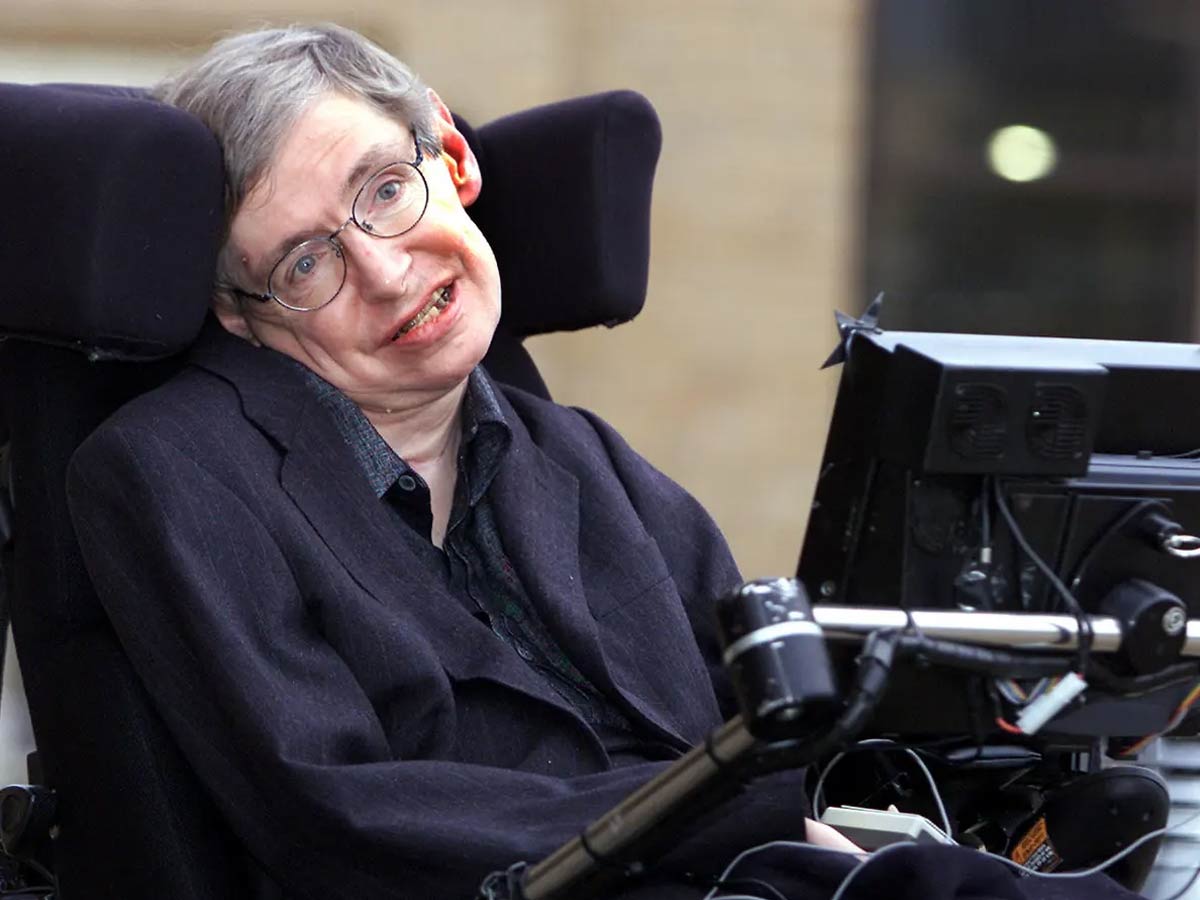On January 8, 1942, Stephen Hawking was born in Oxford, England. He was the director of research at the University of Cambridge’s Centre for Theoretical Cosmology when he died. Between 1979 to 2009, he served as the Lucasian Professor of Mathematics at the University of Cambridge.
At the age of 17, he began his academic study at University College, Oxford, where he graduated with a first-class BA (Hons.) degree in physics. In October 1962, he began his academic studies at Trinity Hall in Cambridge. He received his Ph.D. in applied mathematics and theoretical physics specializing in general relativity and cosmology in March 1966. Stephen Hawking was diagnosed with an early-onset slow-progressing form of motor neuron disease in 1963, which eventually paralyzed him over the next several decades. Following the loss of his voice, he communicated using a voice-generating apparatus, first with a portable switch and then with a single cheek muscle.
Stephen Hawking’s scientific contributions included cooperation with Roger Penrose on gravitational singularity theorems within the context of general relativity and the theoretical prediction that black holes produce radiation, which became known as Hawking radiation. Initially, Hawking radiation was fraught with controversy. The discovery was widely acknowledged as a significant breakthrough in theoretical physics by the late 1970s, following more studies. Hawking was the first to propose a cosmology theory based on a general theory of relativity and quantum mechanics. He was a staunch advocate of quantum physics’ many-worlds interpretation.
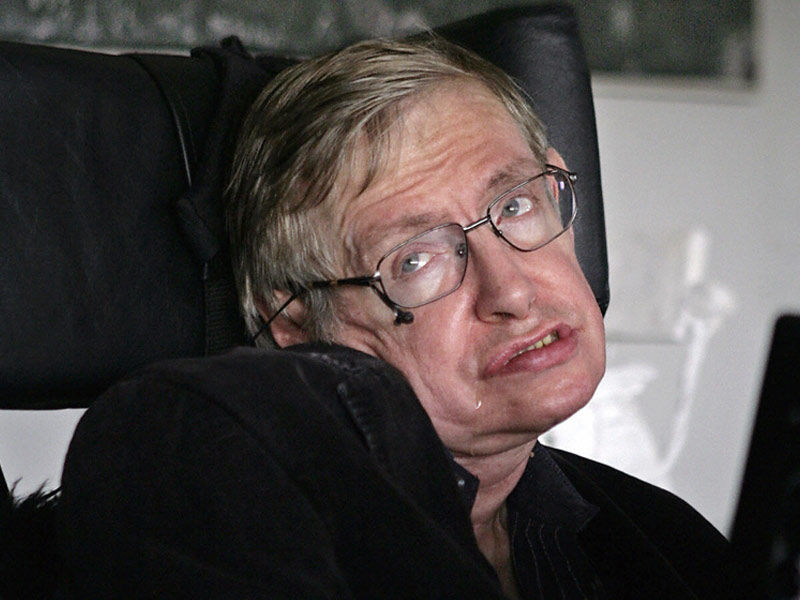
With several popular science publications, Stephen Hawking achieved financial success, addressing his theories and cosmology in general. His book A brief history of time spent a record of 237 weeks on Sunday Times’ bestselling list, He had received the presidents’ freedom medal, the United States’ highest civilian honor, and Hawking had been a fellow of the Royal Society, an all-day member of the Pontifical Academy of Science. In the 2002 BBC survey, Stephen Hawking became twenty-five among the 100 Biggest Britons. After over 50 years of motor neuron disease, he died on March 14, 2018, at 76.
Early Life
Stephen Hawking was born in Oxford on January 8, 1942, to Frank and Isobel Eileen Hawking (née Walker; 1915–2013). Hawking was born in Glasgow, Scotland, into a family of doctors. His affluent paternal great-grandfather from Yorkshire over-extended himself by purchasing farmland and subsequently went bankrupt during the early twentieth-century agricultural downturn. By founding a school in their house, his paternal great-grandmother saved the family from financial collapse.
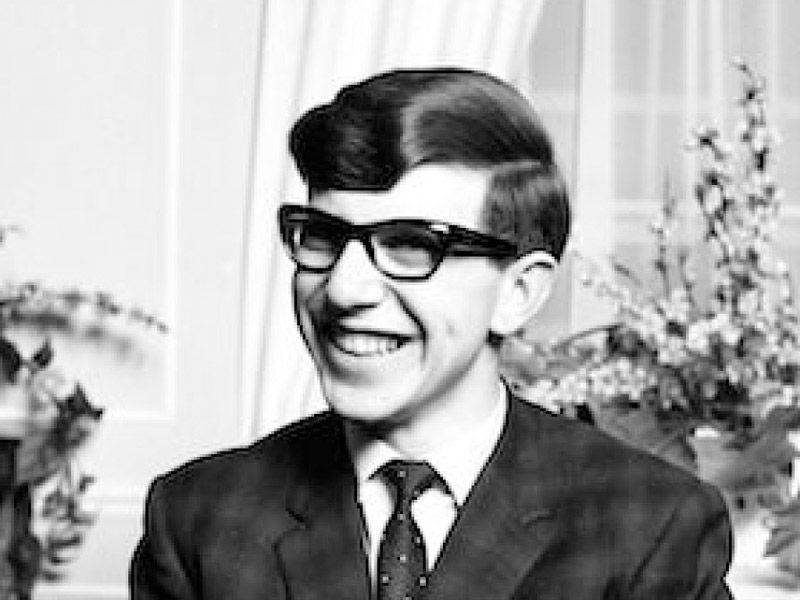
Despite their families’ financial difficulties, both parents attended Oxford University, where Frank studied medicine, and Isobel studied Philosophy, Politics, and Economics. Frank was a medical researcher, and Isobel worked as a secretary for a medical research facility. Hawking had two younger sisters named Philippa and Mary and an adoptive brother named Edward Frank David.
Life History and Career
Stephen Hawking was diagnosed with motor neuron disease, often known as Lou Gehrig’s illness or amyotrophic lateral sclerosis, in early 1963, just shy of his 21st birthday (ALS). He was only expected to live for two years. Completing his doctorate did not appear to be a possibility. Despite this, Hawking overcame the odds, not only earning his Ph.D. but also establishing new paths in the study of the cosmos in the decades after that.
Hawking’s mobility deteriorated as the disease spread, and he began using a wheelchair. Talking became increasingly difficult, and in 1985, an emergency tracheotomy resulted in his total loss of speech. A speech-generating gadget built at Cambridge, paired with a software program, acted as Stephen Hawking’s electronic voice, allowing him to select words by moving the muscles in his cheek.
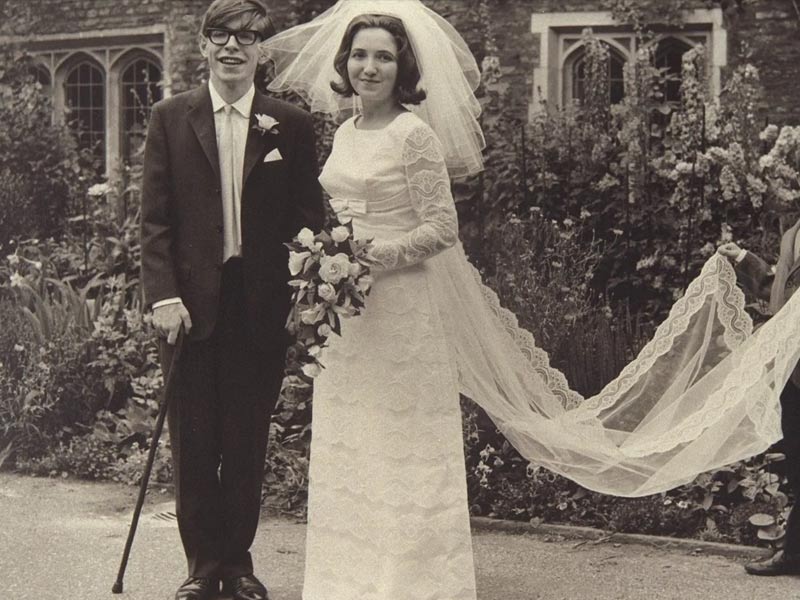
Stephen Hawking met Jane Wilde shortly before his diagnosis, and the two married in 1965. Before divorcing, the couple had three children. Hawking remarried in 1995, but the couple separated in 2006.
Hawking stayed on at Cambridge after graduating, first as a research fellow and then as a professional fellow. He was elected to the Royal Society, a worldwide scientific fellowship, in 1974. In 1979, he was nominated Lucasian Professor of Mathematics at Cambridge, the world’s most prestigious academic post (the second holder was Sir Isaac Newton, also a member of the Royal Society).
Stephen Hawking researched the fundamental laws that govern the cosmos throughout his career. He postulated that because the universe has a beginning — the Big Bang — it will almost certainly have an end. In collaboration with fellow cosmologist Roger Penrose, he established that Albert Einstein’s Theory of General Relativity indicates that space and time begin with the formation of the universe and end within black holes, implying that Einstein’s theory and quantum theory must be combined.
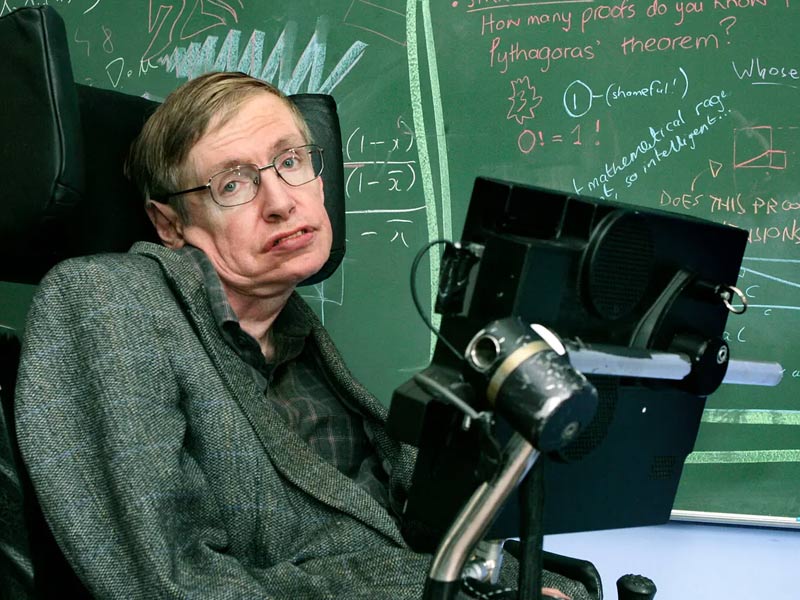
Using the two ideas in tandem, Hawking discovered that black holes are not completely dark but instead produce radiation. He predicted that after the Big Bang, black holes the size of protons would form, influenced by general relativity and quantum physics.
Stephen Hawking altered his hypothesis in 2014, even writing that “there are no black holes” — at least, not in the way that cosmologists have traditionally defined them. His idea ruled out the existence of an “event horizon,” a point beyond which nothing can escape. Instead, he envisioned an “apparent horizon” that would shift in response to quantum fluctuations within the black hole. However, the theory is still debatable.
Hawking also postulated that the universe, like the Earth, has no boundaries. Although the planet is finite, one can travel around it (and across the universe) indefinitely without ever coming across a barrier that could be regarded as the end.
Also Read, 8 Inventions That Changed The World Forever
Hawking’s Books
Stephen Hawking was a well-known author. “A Brief History of Time” (10th-anniversary edition: Bantam, 1998), his debut book, was published in 1988 and quickly became an international bestseller. Hawking’s goal was to express to the layperson questions regarding the genesis and death of the universe.
Hawking went on to publish nonfiction books for people who aren’t scientists. “A Briefer History of Time,” “The Universe in a Nutshell,” “The Grand Design,” and “On the Shoulders of Giants” are among them.
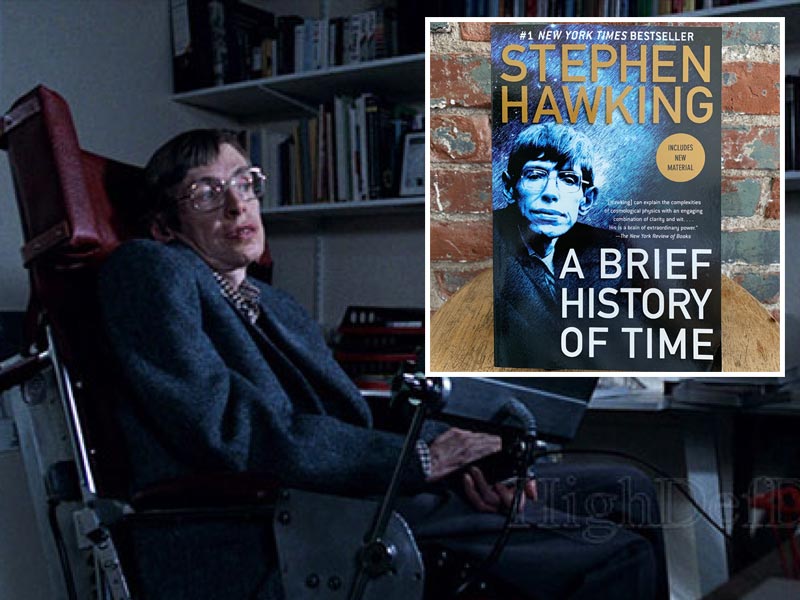
He and his daughter, Lucy Hawking, also wrote a fictionalized series of books on the birth of the cosmos for middle schoolers, including “George and the Big Bang” (Simon & Schuster, 2012).
Stephen Hawking appeared on television multiple times, notably as a playing hologram of himself on “Star Trek: The Next Generation” and as a cameo on “The Big Bang Theory.” PBS aired an educational program titled “Stephen Hawking’s Universe,” delving into the cosmologist’s hypotheses.

A film based on Stephen Hawking’s life was released in 2014. The film, titled “The Theory of Everything,” was praised by Hawking, who said it made him reflect on his own life. “Despite my severe disability, I have had great success in my scientific work,” Hawking posted on Facebook in November 2014. “I’ve been to Antarctica and Easter Island, as well as down in a submarine and up on a zero-gravity trip.” I wish to travel to space one day.
Death
On March 14, 2018, his children issued a statement confirming his death at his Cambridge home.
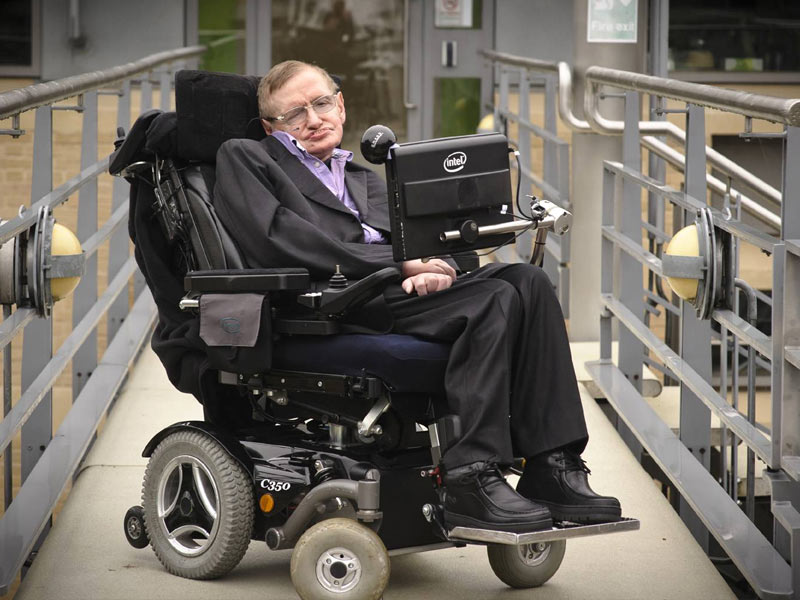
“We are terribly saddened that our dear father died away today, stated Lucy, Robert, and Tim. He was a wonderful scientist and an outstanding man, and his work and legacy will be remembered for many years to come. His bravery and perseverance, together with his brilliance and wit, inspired people all around the world.





















